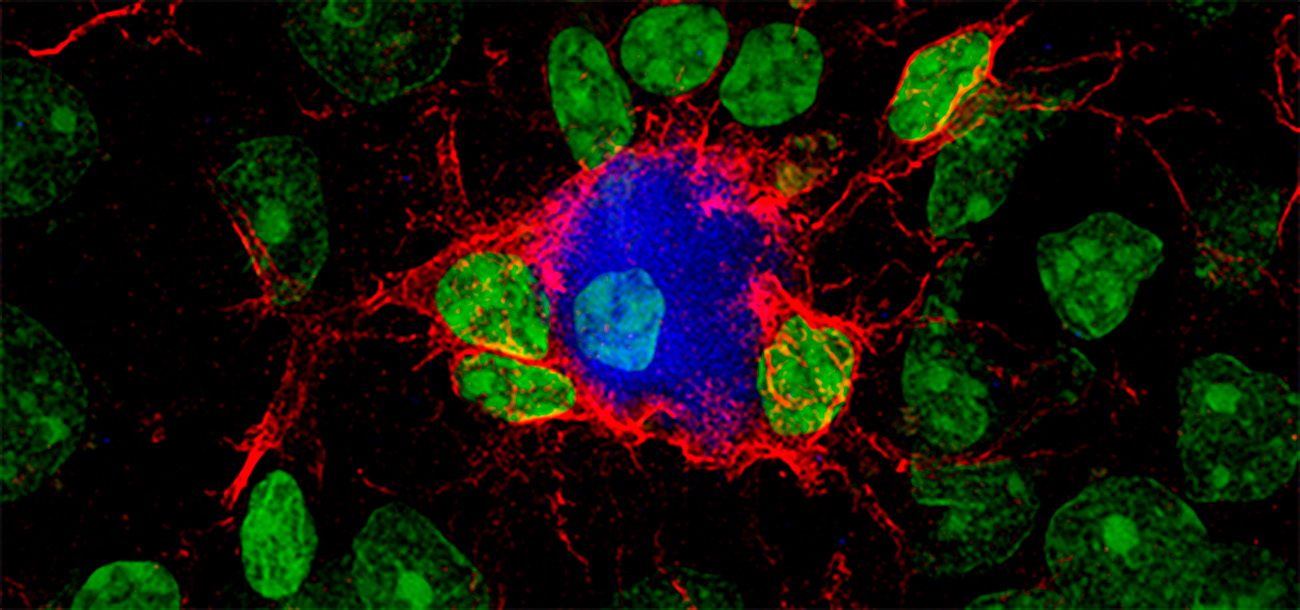
- Stage of development
-
In vitro and in vivo tests developed in primary cultures, worms and mice, with satisfactory results.esultados satisfactorios
- Intellectual property
-
Priority patent application filed
- Intended collaboration
-
Licensing and/or co-development
- Contact
-
Marc EscamillaVice-presidency for Innovation and Transferm.escamilla@dicv.csic.escomercializacion@csic.es
- Reference
-
CSIC/ME/024
Additional information
#Health
#Therapy
#Neurology
#Peptide / Protein
#Food technology
#Ingredients / Functional food
Compound to treat and protect against neurodegenerative diseases
A conjugate of fatty acids and amino acids has been found to protect neurons and facilitate the removal of protein aggregates that cause the most common neurodegenerative diseases. This opens the possibility of new, more effective and cheap treatments.
- Market need
-
Neurodegenerative diseases such as Alzheimer's or Parkinson's are a challenge for current medicine. While current treatments can temporarily reduce their symptoms, there are no effective treatments to stop their progression and evolution. In addition, current treatments for these diseases are expensive and cause highly undesirable side effects, so their preventive use is not recommended. Therefore, there is a need for an affordable and effective treatment, both to heal the disease once it has developed, and to be used preventively to reduce the risk of suffering from these diseases and improve health and well-being in old age.
- Proposed solution
-
A compound derived from the conjugation of fatty acids and amino acids has been identified which, when administered to patients with neurodegenerative diseases, protects neurons from the protein aggregates that cause these diseases, also helping to eliminate them and restore normal neuronal activity. This opens possibilities both for the treatment and the prevention of neurodegenerative diseases. It is also easy and cheap to synthesize in the laboratory, being an opportunity for low-cost and highly effective treatments, and with the possibility of being used both in clinical treatments and in preventive food supplements.
- Competitive advantages
-
- In vitro and in vivo effectiveness confirmed against degradation of neurones.
- Higher effectiveness and lower side-effects than current chemical treatments.
- Molecule of biological origin, with no adverse effects observed or foreseen.
- Easy and cheap to synthesize, highly suitable for low-cost treatments.